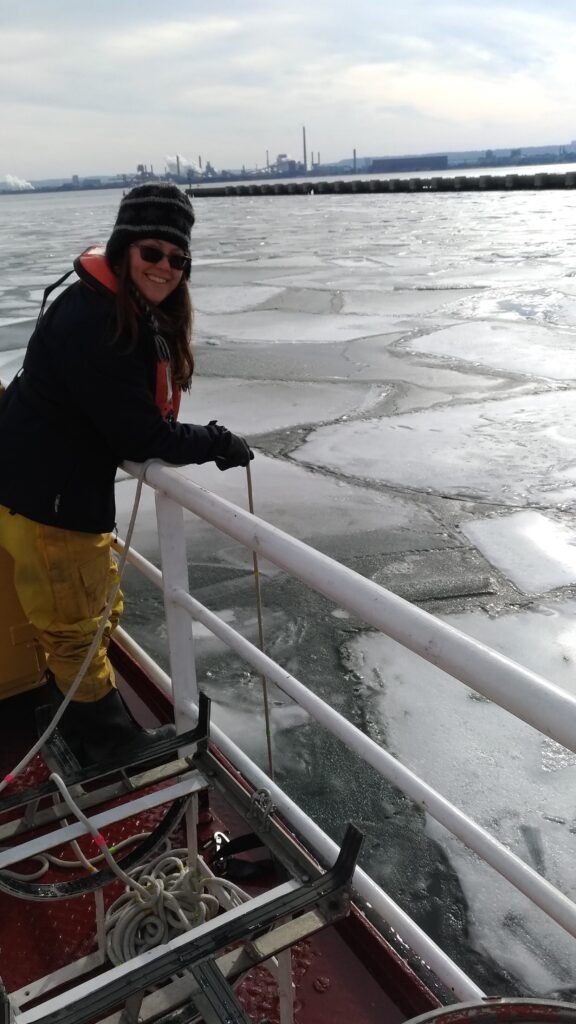It is a truth universally acknowledged, that a scientist in possession of good data, must be in want of a paper (with respects to Jane Austin)
Though it is often hoped by students in aquatic sciences that a scientist’s duties involve mostly sampling in the field, the sad fact is that the vast majority of a scientist’s time is spent working on things which aren’t even data and writing, much less working on a boat. Last week was pretty typical: meeting with the group about an upcoming report, interviews for some student hiring, the associated paperwork for those hires, checking on budgets and procurements, attending a couple of research seminars virtually, meetings for our larger group’s ability to provide science advice, another management meeting to discuss priorities, national calls to document and organize ship-board missions to secure funding, and yet more meetings with individual members of my group to ensure some of our year-end deliverables. Interspersed were some opportunities to make progress on some papers and reports (you know, actual science).
This isn’t any different than most academics. The plethora of other duties might be different (for instance I have no teaching responsibilities in my current position), but the idea of a researcher being like “someone running a small business” is apt: finances, HR, and paperwork is a fact of life. It frankly doesn’t bother me that much. Even with all of this administrivia, it still allows us time to complete our scientific work of providing science advice, and adding to the knowledge base through research.
In simple terms, the intensive field-work period for our lab group is April through December, but we still have plenty of things outside that window that are still related to completing fieldwork. For instance, our vessels have to be serviced, our instruments have to be stored and made ready for the next year, physical samples of phytoplankton and zooplankton have to be subsampled, packaged and shipped to taxonomists, and most importantly, all of the data has to be processed, validated and stored. It then has to be analyzed in order to be compiled and written up. Typically we have a report that has to be delivered every year to support our funding. These are often to the Remedial Action Plans which support our work in Areas of Concern. These reports aren’t something you just whip off. They are detailed and fulsome pieces of work, with careful analysis, and written in a way to make them not only scientifically defensible, but also accessible to non-scientists. It is important to know that these are also peer-reviewed before they can be published with the DFO Science Library. Here is an example report written for the Bay of Quinte to assess the impairment in Phytoplankton and Zooplankton Populations. These aren’t small and require the entire group to complete. At any given time, we also are generally responsible for one or more primary publications in scientific journals. Because of our collaborative work with other agencies, we also co-author many publications and co-supervise graduate students. The Publications page contains some of our more recent works.
So winter is a time of writing and renewal. We complete our analysis and write up our results. We also prepare for the upcoming field-season, planning, scheduling, and securing resources. There are no periods when the workload is low, it just changes with the seasons, and frankly inside work on the computer isn’t all that bad when it is -15 °C outside because everyone hates frozen ropes and zooplankton nets!


